Κείμενο
Όλοι γνωρίζουμε ότι η διαλειμματική νηστεία, ή όπως αλλιώς λέγεται ή χρόνο-ορισμένη σίτιση, μπορεί να είναι ένα χρήσιμο εργαλείο για να βελτιώσουμε την ποιότητα της διατροφής μας, ενώ σε μερικές περιπτώσεις μπορεί επίσης να οδηγήσει σε απώλεια βάρους. Από την άλλη, υπάρχουν πολλοί άνθρωποι που δεν μπορούν να την εφαρμόσουν, είτε γιατί δεν μπορούν να αντέξουν την πείνα, είτε για πρακτικούς λόγους. Έτσι λοιπόν συχνά με ρωτούν στο ιατρείο, αν υπάρχει κάποιος τρόπος να έχει κάποιος τα οφέλη της διαλειμματικής νηστείας χωρίς την πείνα ή τα πρακτικά προβλήματα που συνδέονται μερικές φορές την εφαρμογή της. Ξεκινώντας πρέπει να εξηγήσουμε ότι αν και η διαλειμματική νηστεία σχετίζεται με ένα χρονικό πλαίσιο, δηλαδή συστήνεται, ερευνάται και ορίζεται βάσει χρόνου, στην πραγματικότητα δεν είναι ο χρόνος αυτό που μετράει, αλλά τα αποθέματα ενέργειας μέσα στα κύτταρα. Και εδώ απαντάμε και εξής ερώτημα: “στις πόσες ώρες ενεργοποιείται η αυτοφαγία;”. Η αυτοφαγία είναι ένας μηχανισμός που αποδίδει ενέργεια στο κύτταρο και ενεργοποιείται όταν τα αποθέματα ενέργειας μειωθούν. Η ενεργοποίηση της αυτοφαγιας θεωρείται κάτι καλό για την υγεία γιατί οργανισμός αποδομεί λιγότερο αποτελεσματικούς σχηματισμούς του κυττάρου. Είναι δηλαδή κάτι που θέλουμε να συμβαίνει. Η αυτοφαγία δεν έχει να κάνει με κάποιο ρολόι μέσα στα κύτταρα που λέει “Για να δω. Πέρασαν 16 ώρες από το τελευταίο γεύμα. Άρα, μπορώ να ενεργοποιήσω την αυτοφαγία”. Όχι, δεν συμβαίνει κάτι τέτοιο.Το κύτταρο μετράει τα αποθέματα ενέργειας που έχει και όταν μειωθούν αρκετά τότε ενεργοποιούνται μηχανισμοί αυτοφαγιας για να αποδώσουν ενέργεια και θρεπτικά συστατικά για να συνεχίζει να λειτουργεί σωστά. Αυτό έχει φανεί και σε μελέτες που δείχνουν ότι η ενεργοποίηση μηχανισμών αντιγήρανσης και αυτοφαγίας επιτυγχάνεται με μείωση της ημερήσιας διαθέσιμης ενέργειας, είτε αυτό επιτυγχάνεται με περιορισμό του φαγητού, είτε με κατανάλωση αντίστοιχης ενέργειας από άσκηση είτε με συνδυασμό αυτών των δύο. Αρκεί να επιτυγχάνεται

αντίστοιχο θερμιδικο ελλειμμα. Μη σας τρομάζουν οι όροι. Στην πραγματικότητα αυτό που λέω είναι ότι αυτό που θέλουμε μπορούμε να το πετύχουμε είτε τρώγοντας 400 θερμίδες λιγότερο φαγητό, είτε κάνοντας γυμναστική που καίει 400 θερμίδες, είτε τρώγοντας 200 θερμίδες λιγότερο και κάνοντας γυμναστική που θα κάψει 200 θερμίδες. Το αποτέλεσμα σε όλες τις περιπτώσεις θα είναι ίδιο για τους μηχανισμούς αντιγήρανσης και αυτοφαγιας. Άρα λοιπόν, να τι προτείνω. Αν σας είναι δύσκολο να κάνετε 16 ώρες νηστεία, τότε μπορείτε να κάνετε 12 ώρες νηστεία, πράγμα που είναι πάρα πολύ εύκολο, και πριν το πρωινό να κάνετε γυμναστική πού να κάψει θερμίδες αντίστοιχες με αυτές που καίγονται σε 5 ώρες αδράνειας, για παράδειγμα, 40 λεπτά τρέξιμο ή μία ώρα ποδήλατο. Με αυτό το τρόπο συμπιέζουμε τις ενεργειακές απώλειες 5 ωρών σε μία. Αντί λοιπόν να φάμε το τελευταίο γεύμα στις 7 το απόγευμα και να φάμε το επόμενο γεύμα στη μία το μεσημέρι, πράγμα που μπορεί να μη γίνεται λόγω πεινάς, ή να μην είναι πρακτικά εφικτό διότι κάποιος είναι στη δουλειά του και δεν μπορεί να φάει στη μία, να τρώτε το τελευταίο γεύμα στις 7 το απόγευμα, να κάνετε γυμναστική από τις 7 έως τις 8 το πρωί και στη συνέχεια να τρώτε φυσιολογικά το πρωινό σας. Με αυτό τον τρόπο θα έχετε καταφέρει να έχετε τα οφέλη της διαλειμματικής νηστείας χωρίς πείνα και χωρίς τα πρακτικά προβλήματα που μπορεί να προκύπτουν. Αν σας είναι δύσκολο να κάνετε κάθε μέρα μία ώρα γυμναστική, μπορείτε να κάνετε συνδυασμό. Μπορεί δηλαδή να τρώτε πρωινό μετά τις μέρες που κάνετε γυμναστική και να μην τρώτε πρωινό τις μέρες που δεν κάνετε γυμναστική, και να τρώτε κατευθείαν μεσημεριανό. Και αυτό μπορεί να γίνει. Αν καταλάβετε την αρχή και τον τρόπο ενεργοποίησης των μηχανισμών αντιγήρανσης, τότε θα βρείτε τον τρόπο να εντάξετε αλλαγές στον τρόπο ζωής σας ωστε να τους ενεργοποιήσετε. Ευχαριστώ πολύ.

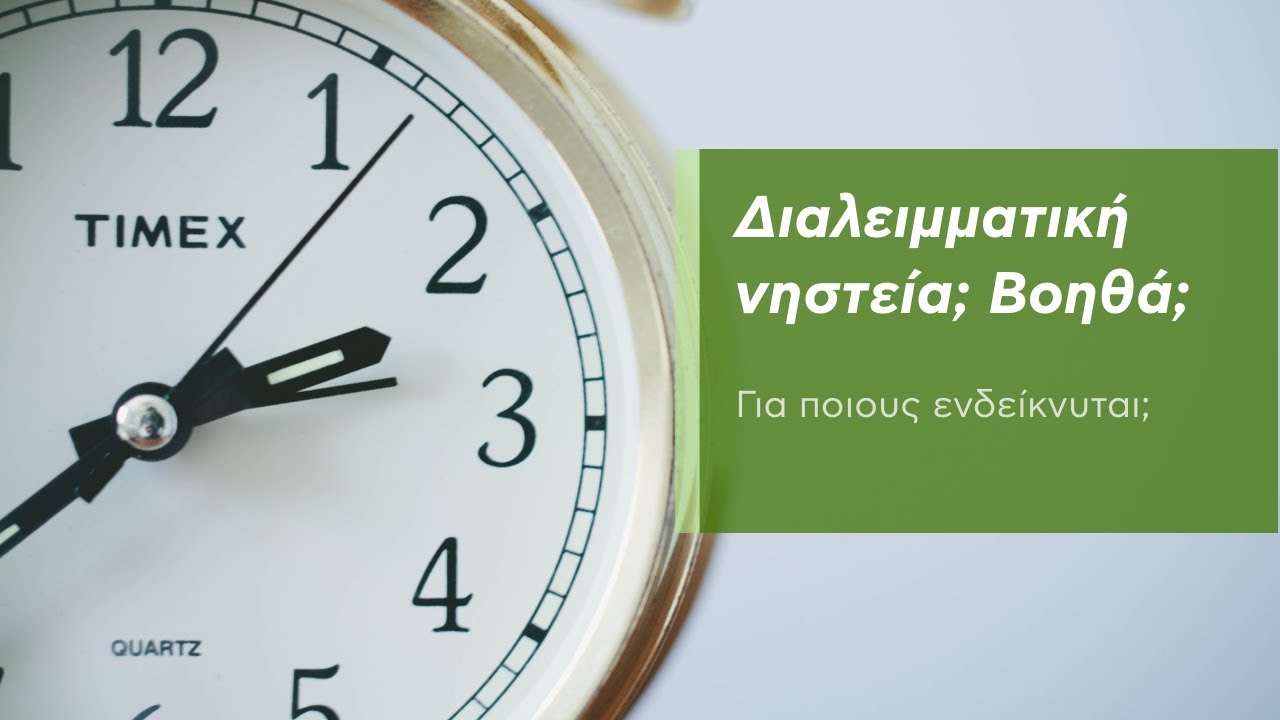
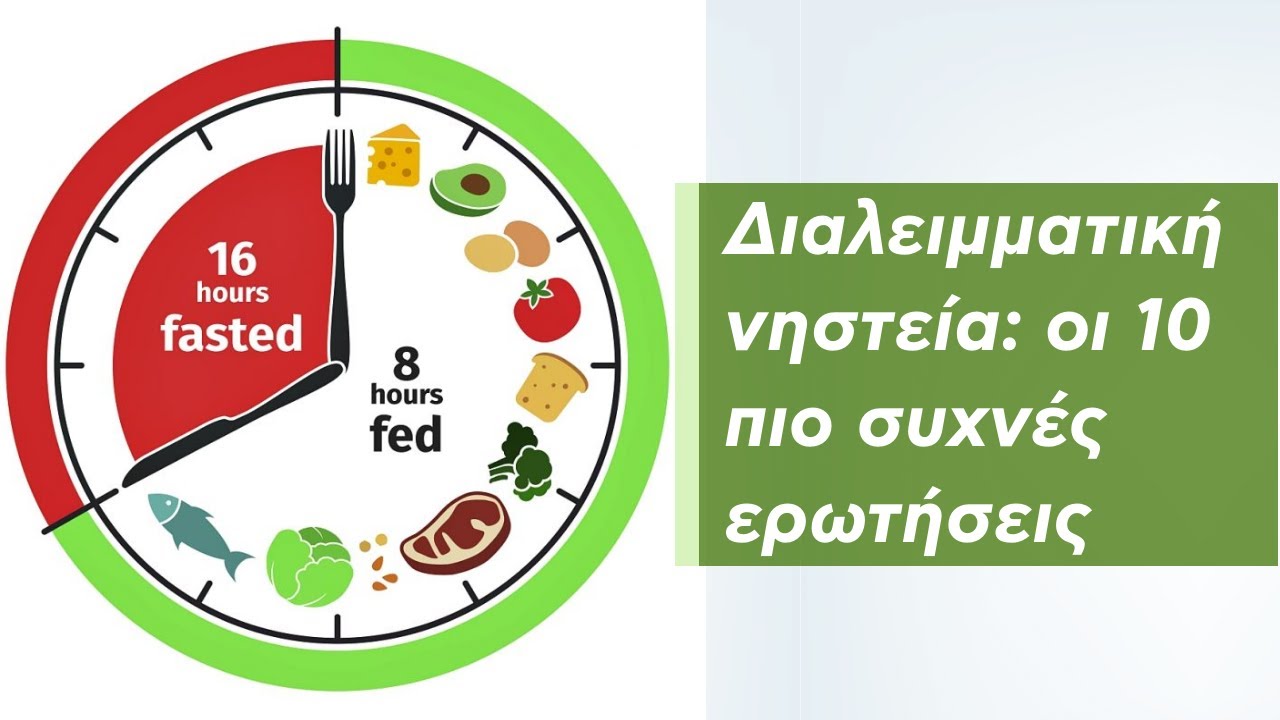
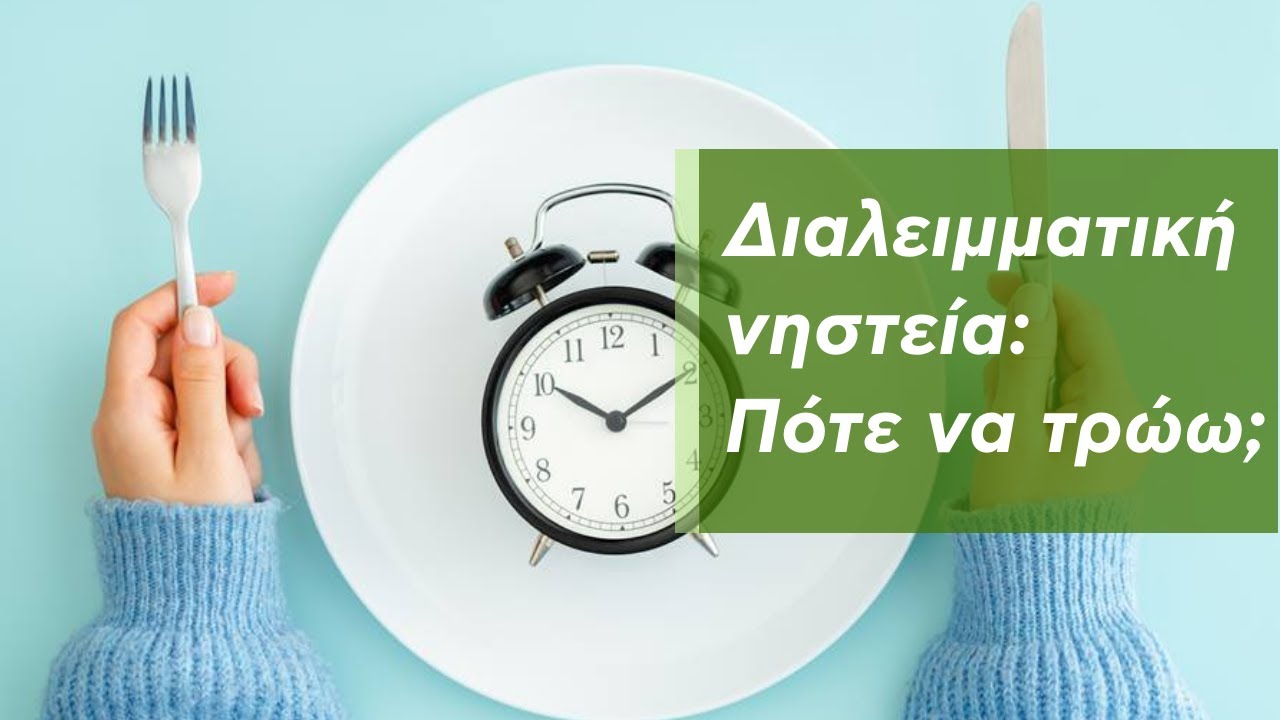

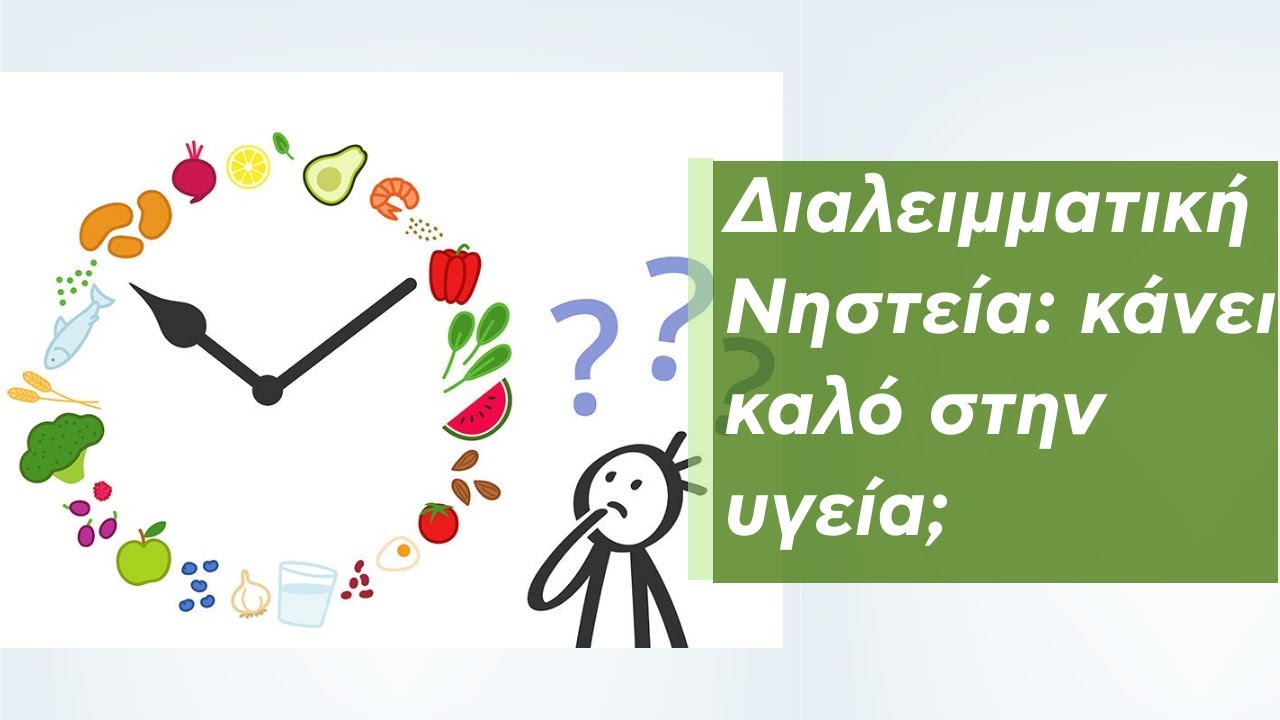
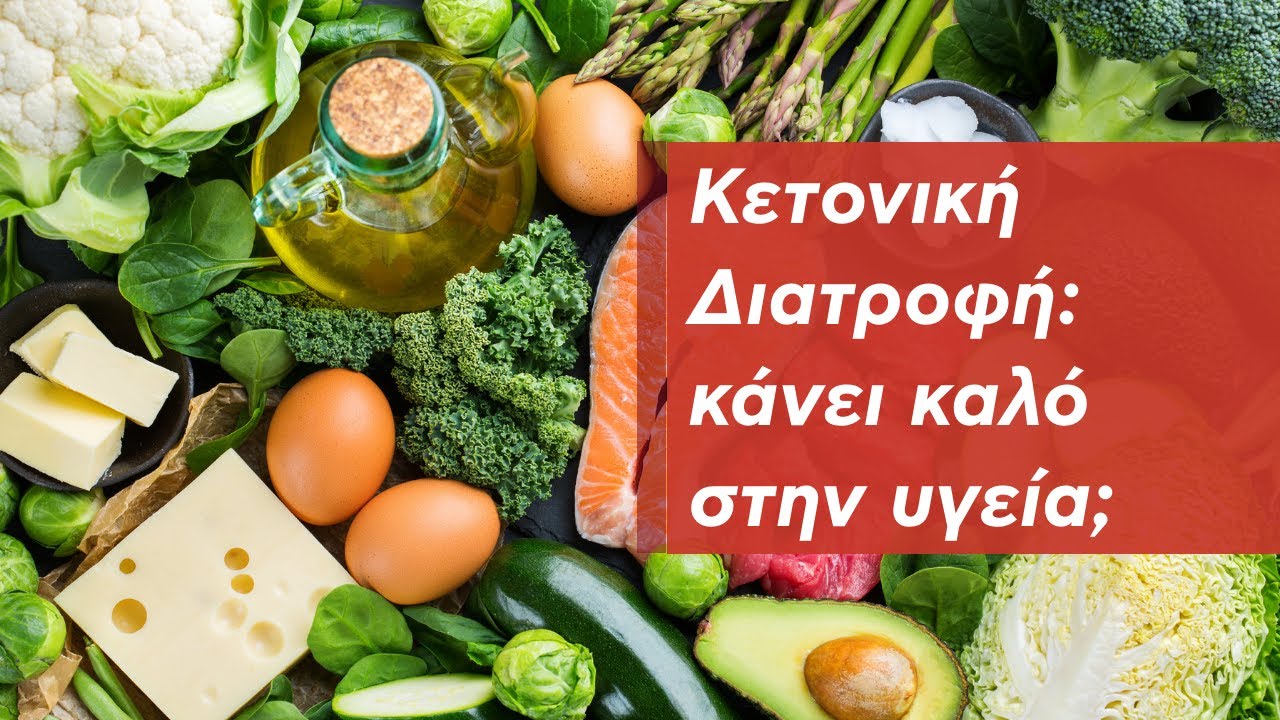
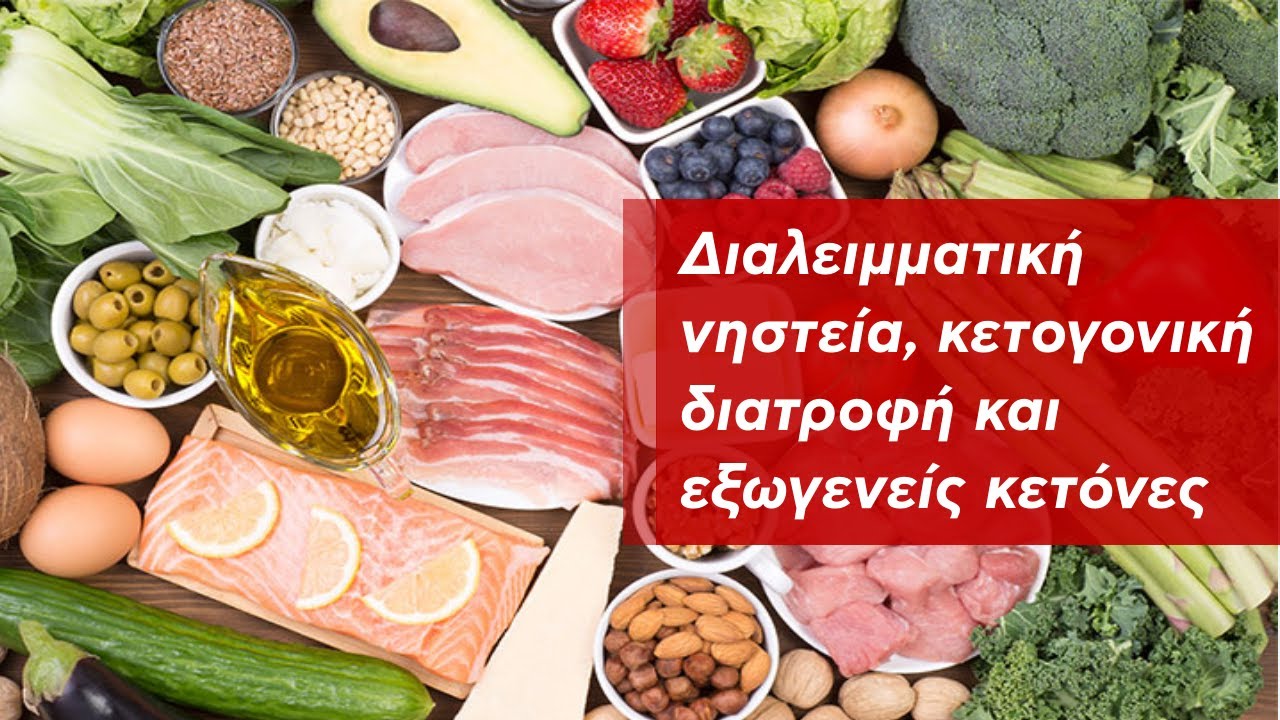

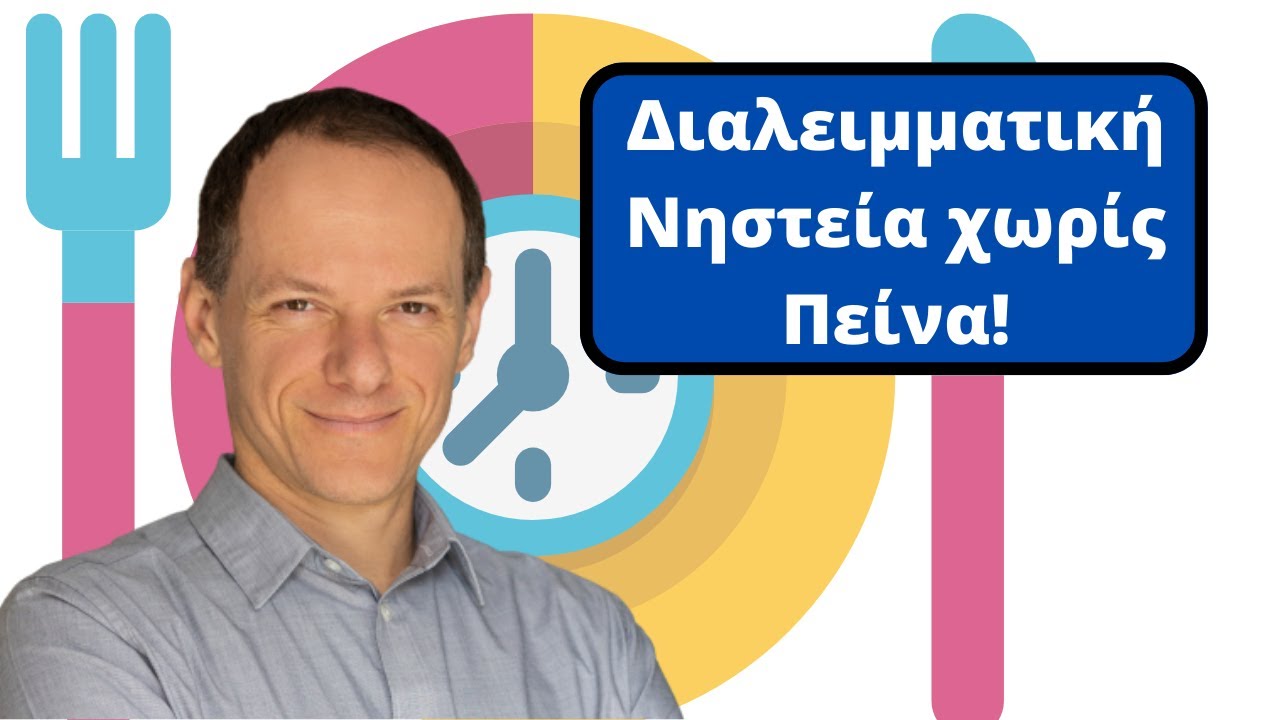

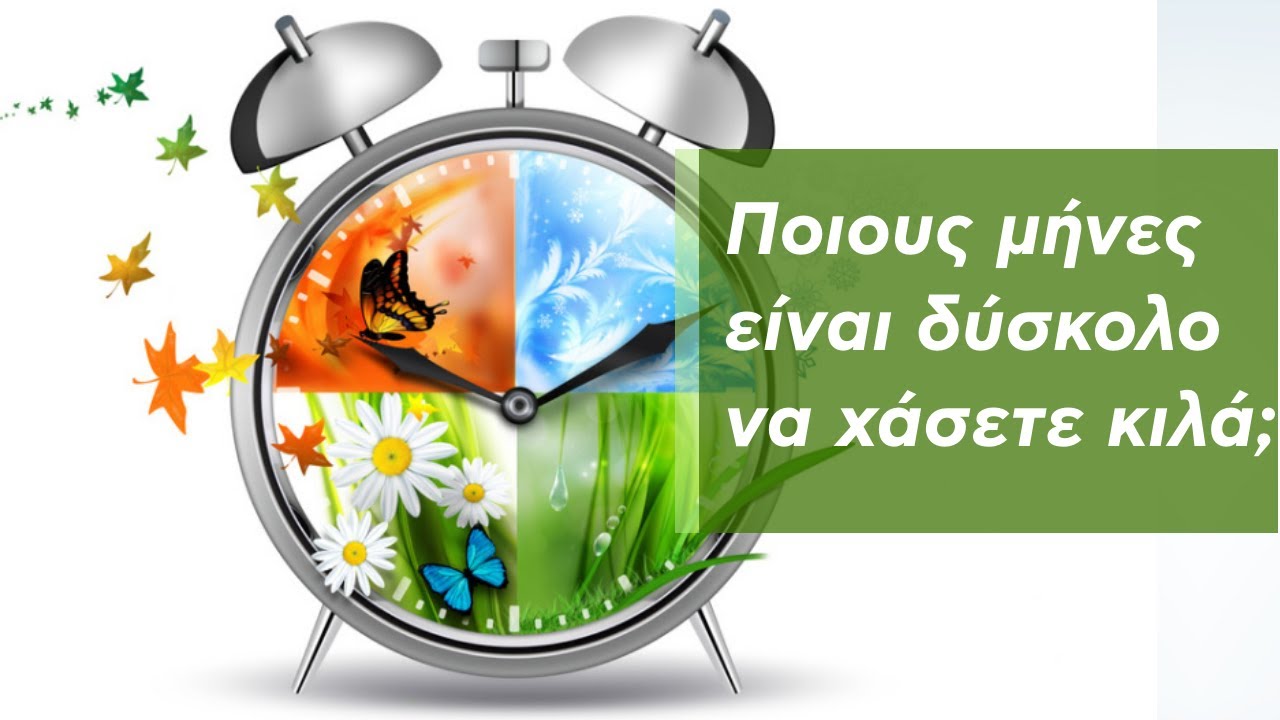
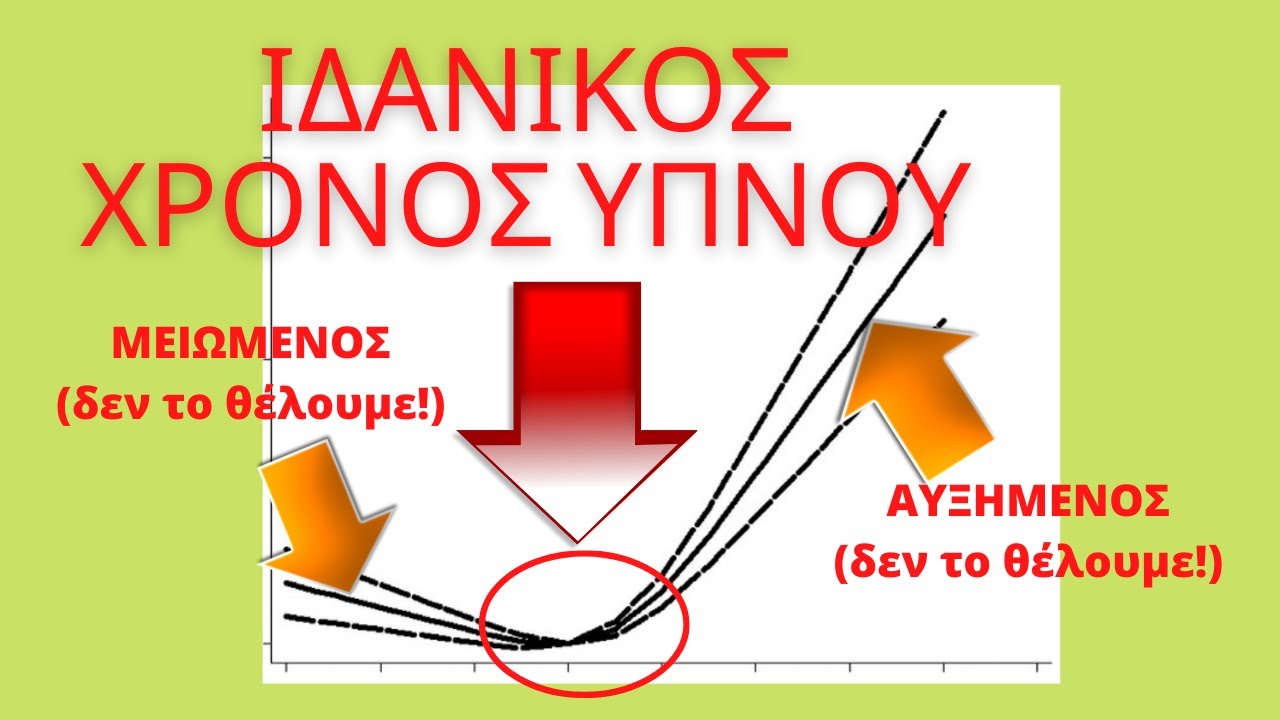
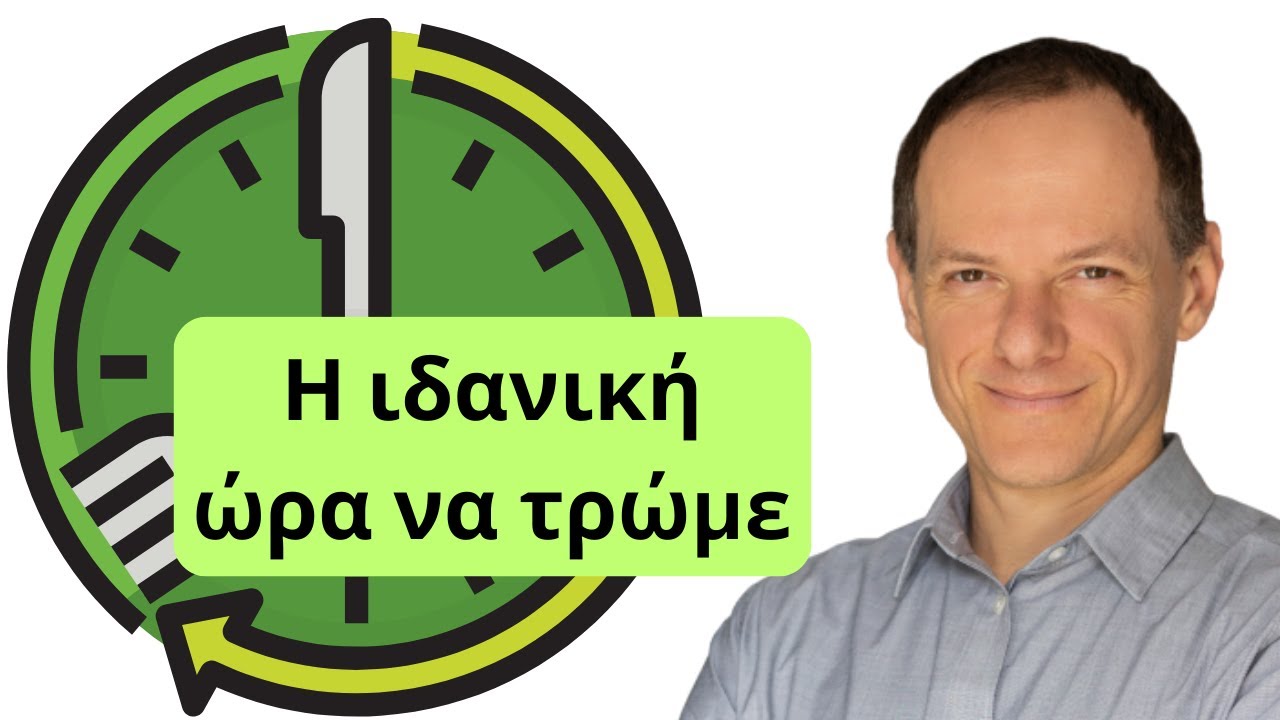
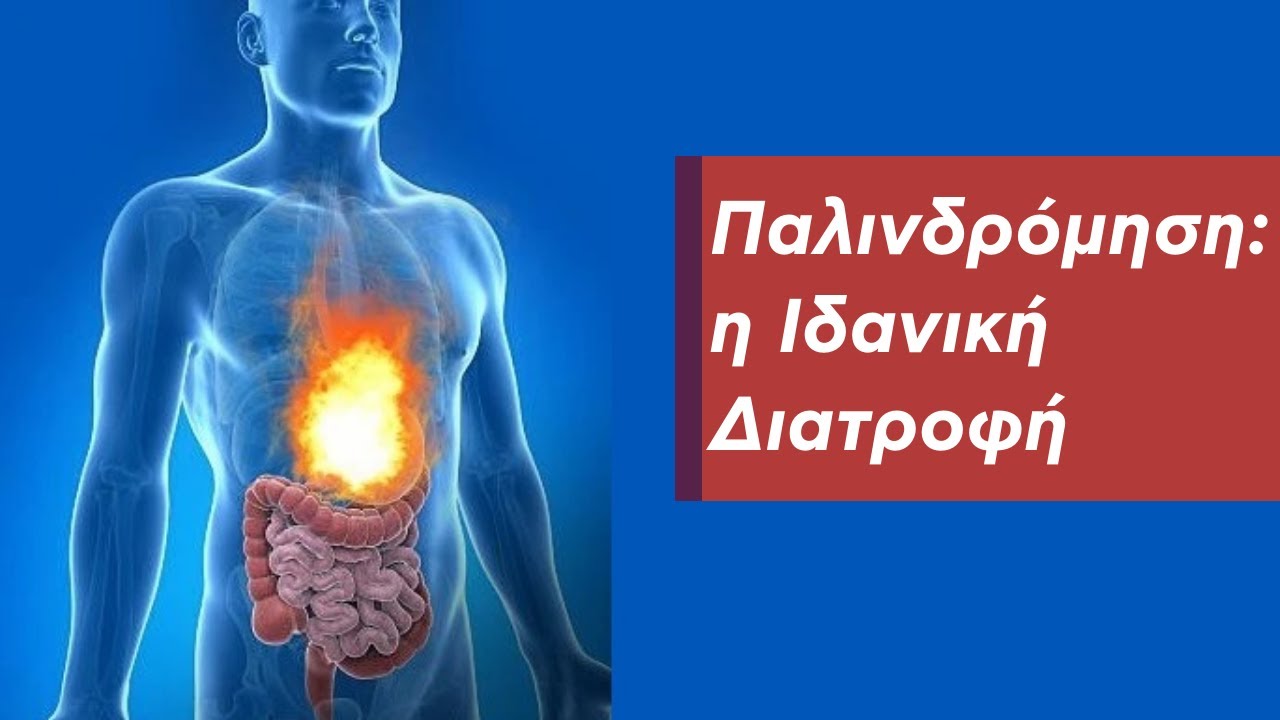
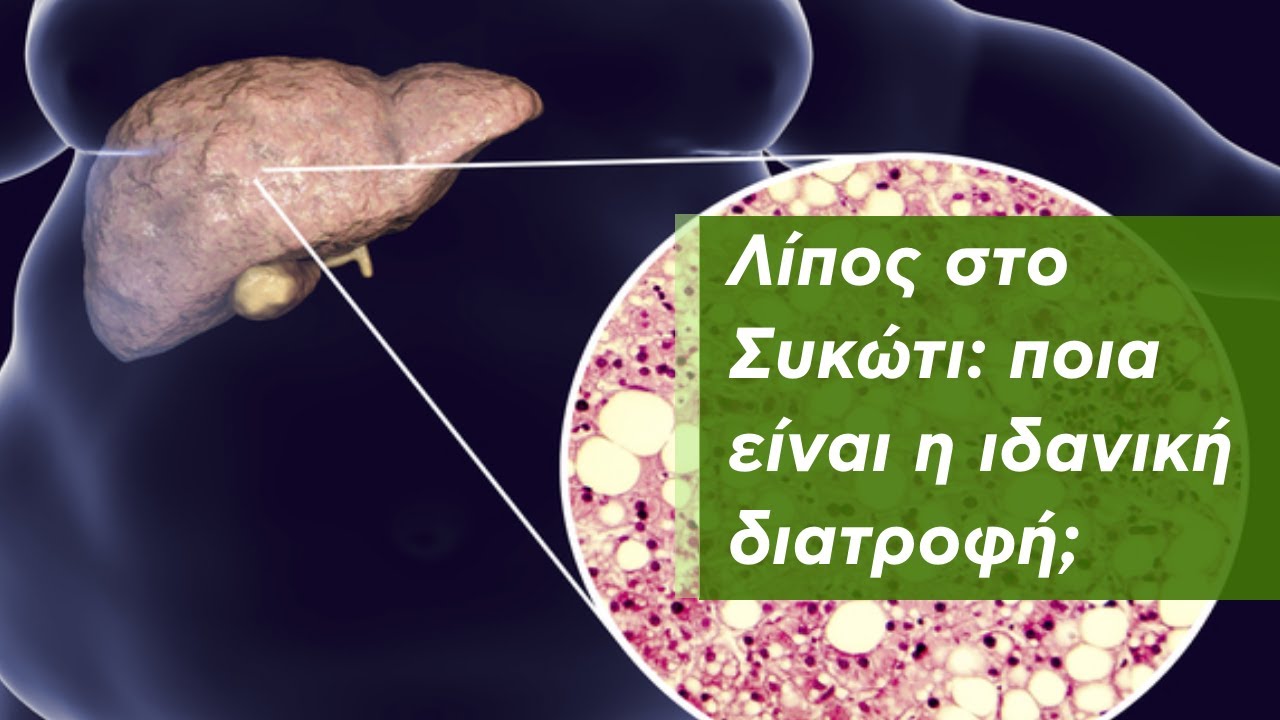
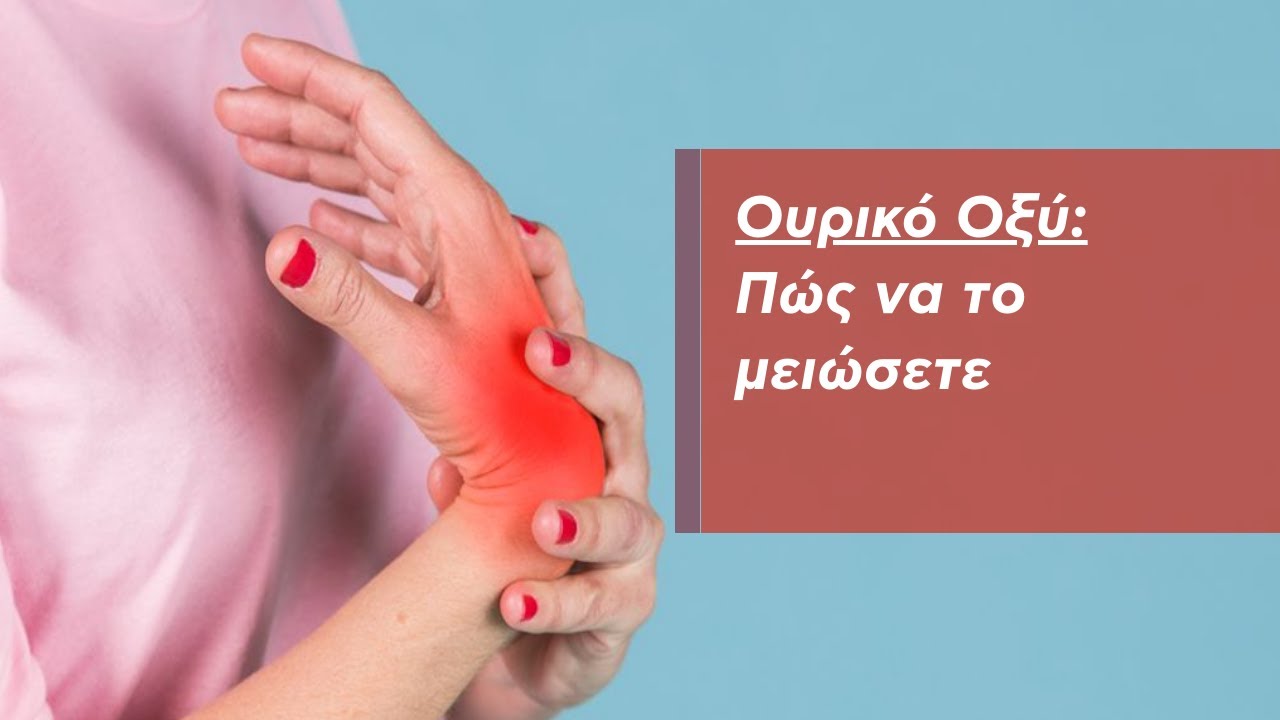
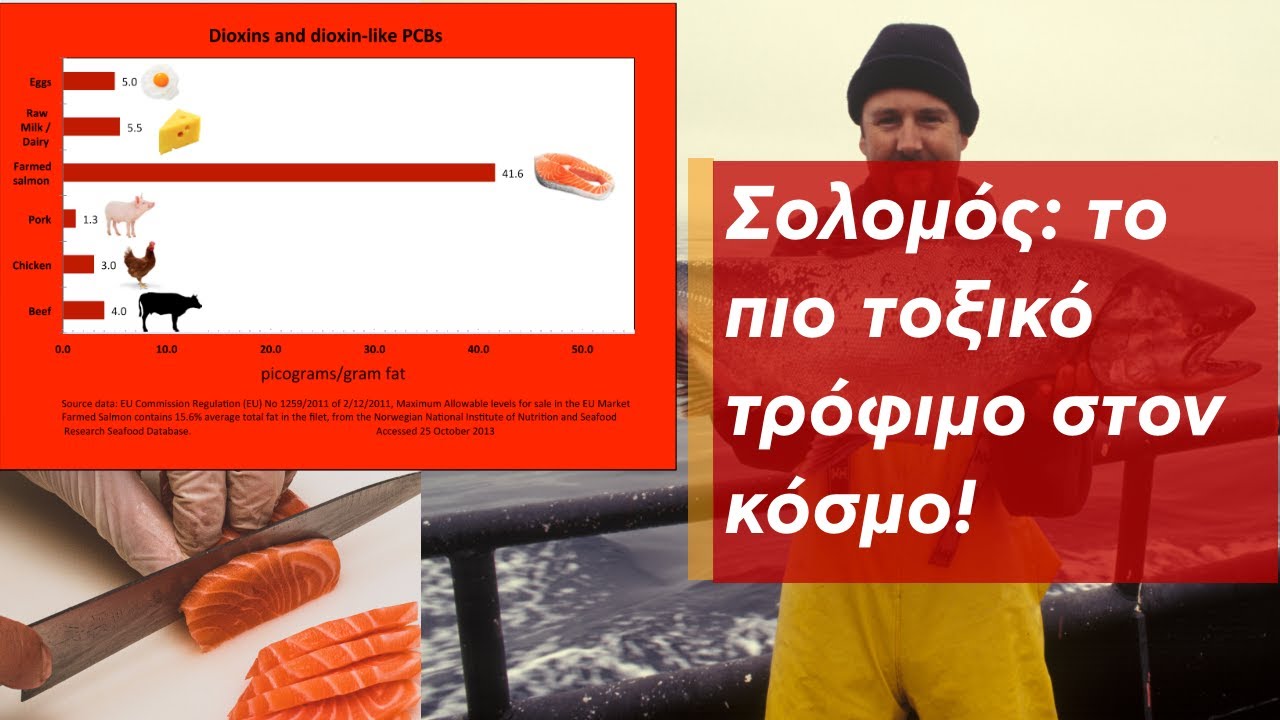
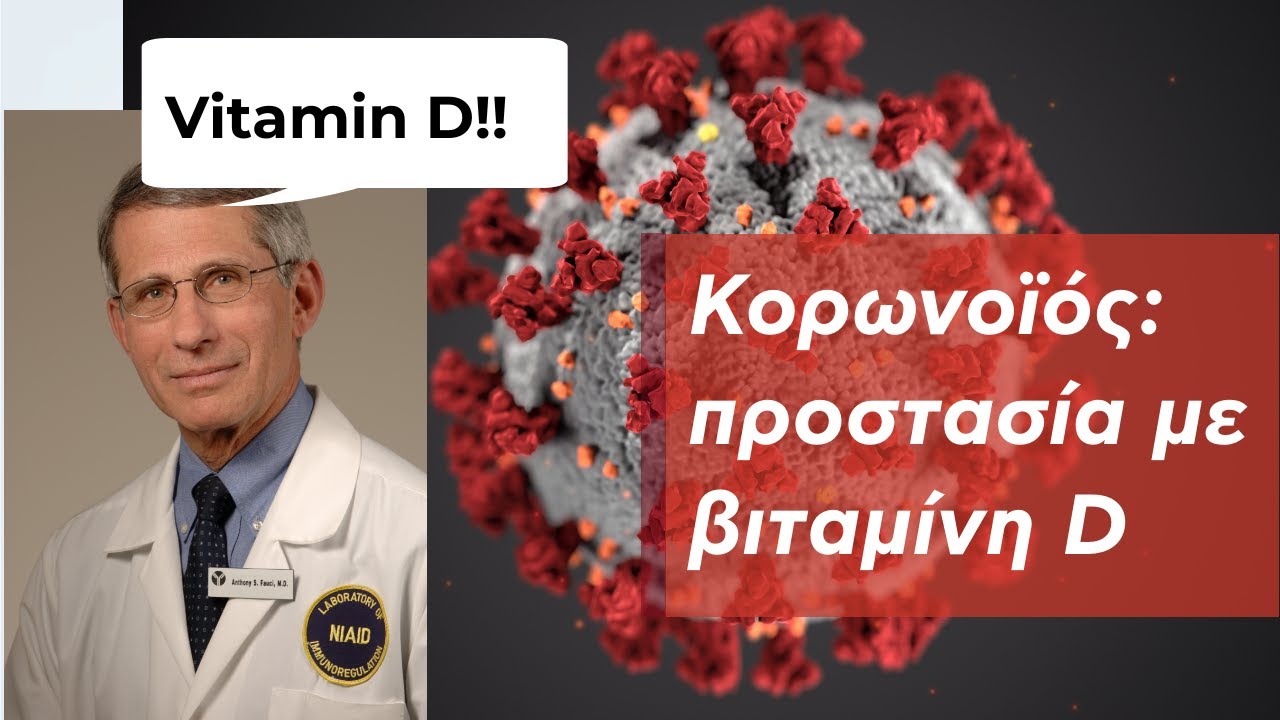

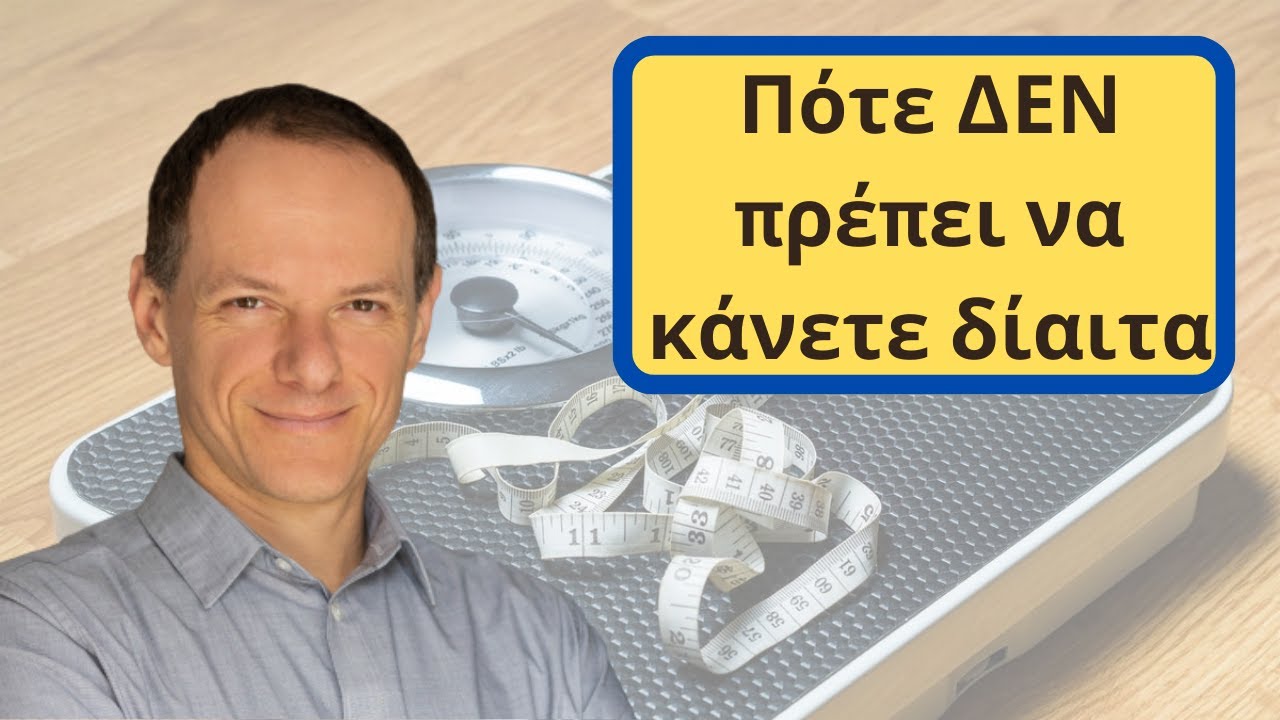


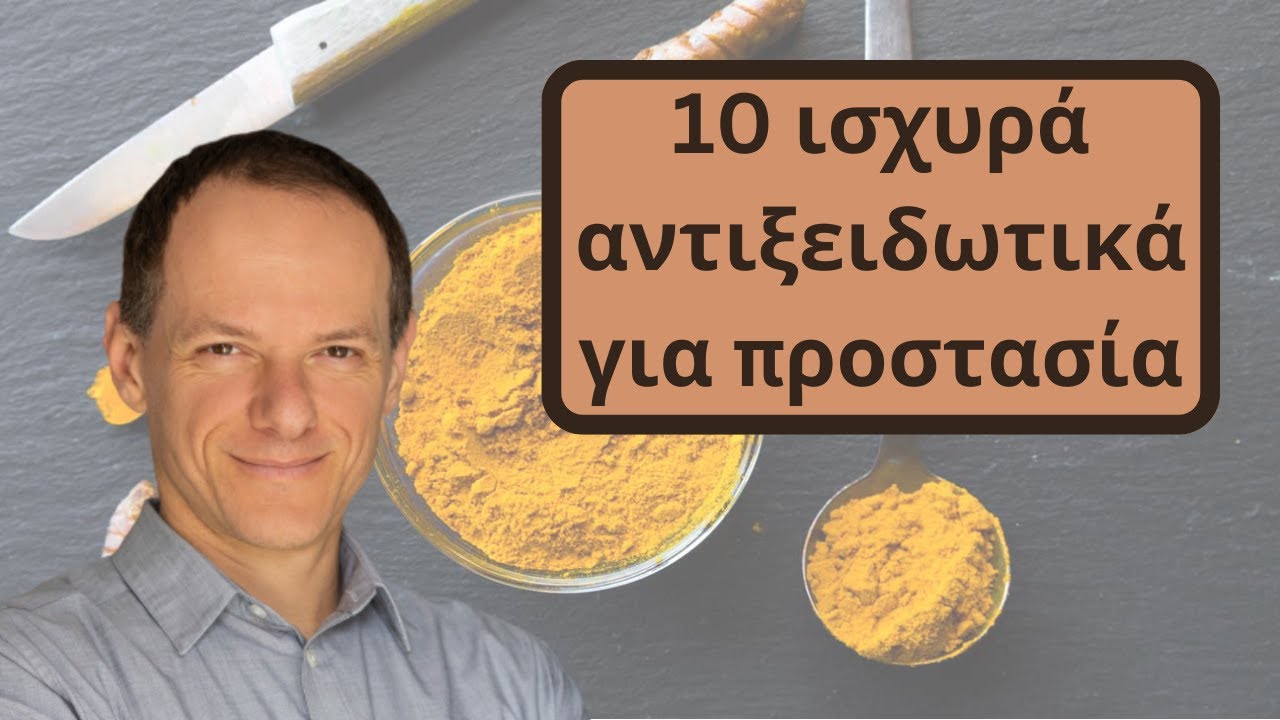
0 Σχόλια